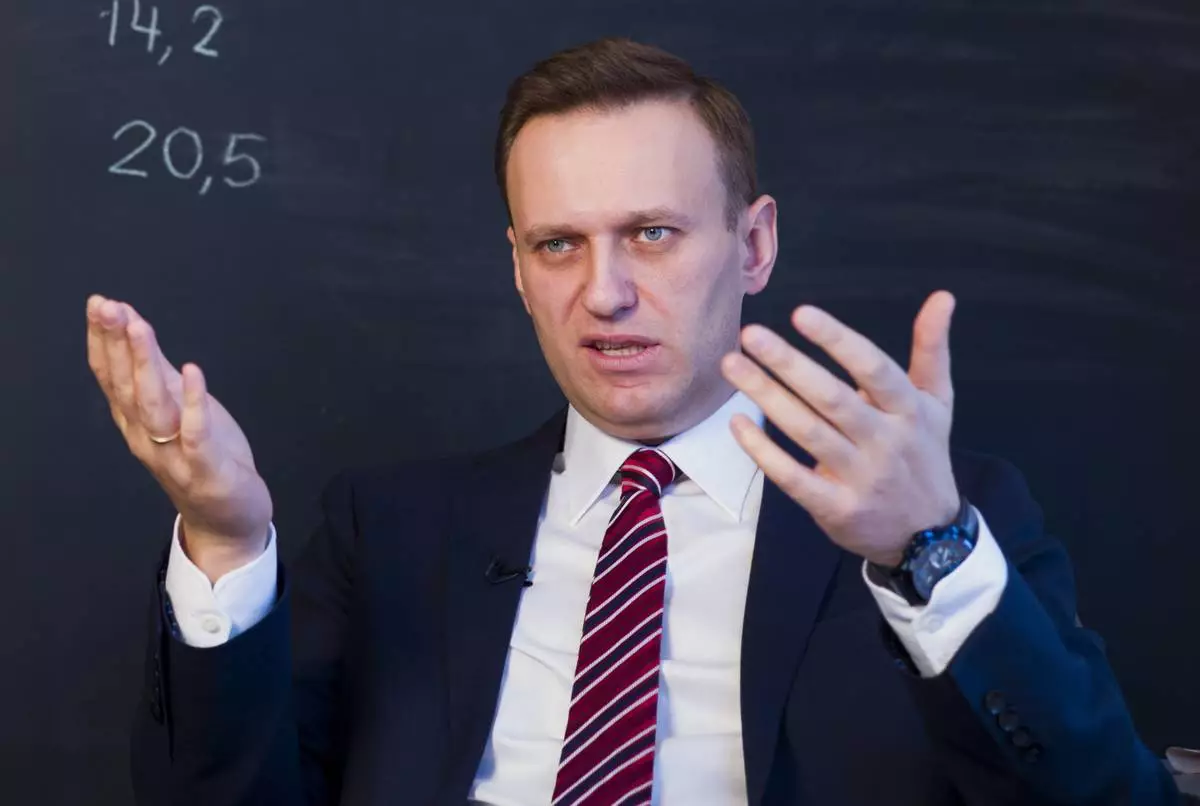Senate Majority Leader Mitch McConnell on Tuesday rejected reparations for slavery in part because it would be hard to know whom to pay.
The Kentucky Republican spoke to reporters on the eve of a rare House hearing on what compensation, if any, the U.S. might owe for the economic and other damage done by slavery. The session Wednesday before a Democratic-led subcommittee is Congress' first on the issue in years.
Asked about reparations, McConnell responded: "I don't think reparations for something that happened 150 years ago, for whom none of us currently living are responsible, is a good idea."
"We tried to deal with our original sin of slavery by fighting a civil war, by passing landmark civil rights legislation, elected an African American president," Barack Obama, in 2008, McConnell said. "I don't think we should be trying to figure out how to compensate for it. First of all, it would be hard to figure out whom to compensate."
McConnell spoke a day before a Democratic-led House subcommittee was scheduled to hold a hearing on reparations, featuring testimony from actor Danny Glover and author Ta-Nehisi Coates, among others.
Wednesday is "Juneteenth," a celebration of the day in 1865 when Union troops arrived in Galveston, Texas, with the news that the Civil War was over, and that all remaining slaves in Texas were free.
WASHINGTON (AP) — U.S. intelligence officials have determined that Russian President Vladimir Putin likely didn’t order the death of imprisoned opposition leader Alexei Navalny in February, according to an official familiar with the determination.
While U.S. officials believe Putin was ultimately responsible for the death of Navalny, who endured brutal conditions during his confinement, the intelligence community has found “no smoking gun” that Putin was aware of the timing of Navalny's death — which came soon before the Russian president's reelection — or directly ordered it, according to the official.
The official spoke on the condition of anonymity to discuss the sensitive matter.
Soon after Navalny’s death, U.S. President Joe Biden said Putin was ultimately responsible but did not accuse the Russian president of directly ordering it.
At the time, Biden said the U.S. did not know exactly what had happened to Navalny but that “there is no doubt” that his death “was the consequence of something that Putin and his thugs did.”
Navalny, 47, Russia’s best-known opposition politician and Putin’s most persistent foe, died Feb. 16 in a remote penal colony above the Arctic Circle while serving a 19-year sentence on extremism charges that he rejected as politically motivated.
He had been behind bars since January 2021 after returning to Russia from Germany, where he had been recovering from nerve-agent poisoning that he blamed on the Kremlin.
Russian officials have said only that Navalny died of natural causes and have vehemently denied involvement both in the poisoning and in his death.
In March, a month after Navalny’s death, Putin won a landslide reelection for a fifth term, an outcome that was never in doubt.
The Wall Street Journal first reported about the U.S. intelligence determination.

FILE - Russian opposition politician Alexei Navalny gestures while speaking during his interview to the Associated Press in Moscow, Russia on Dec. 18, 2017. U.S. intelligence officials have determined that Russian President Vladimir Putin likely didn't order the death of Navalny, the imprisoned opposition leader, in February of 2024. An official says the U.S. intelligence community has found "no smoking gun" that Putin was aware of the timing of Navalny's death or directly ordered it. (AP Photo/Alexander Zemlianichenko, File)










